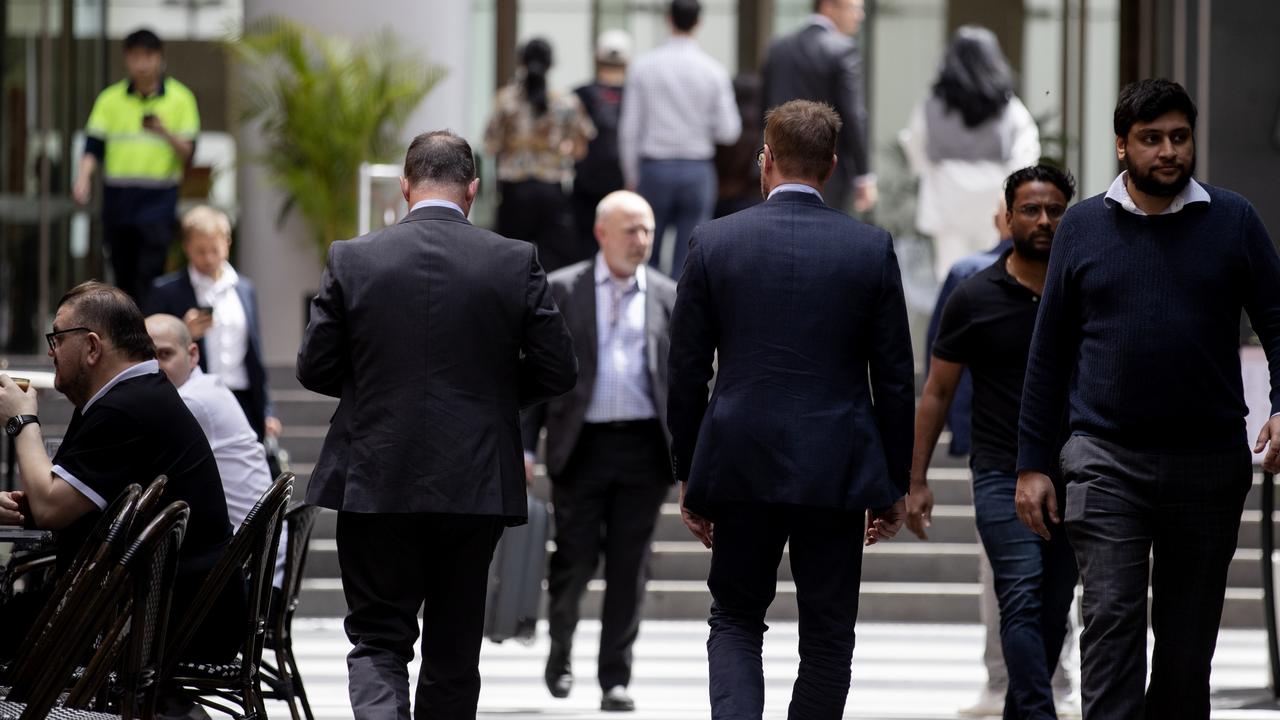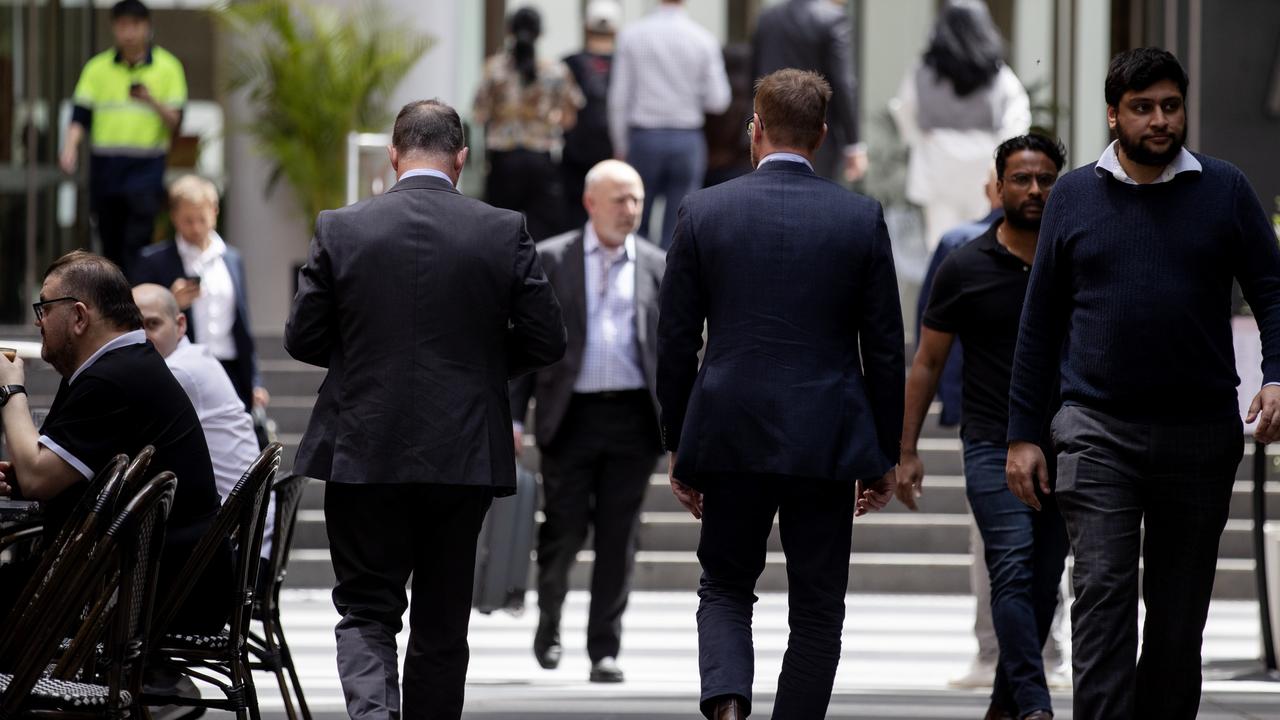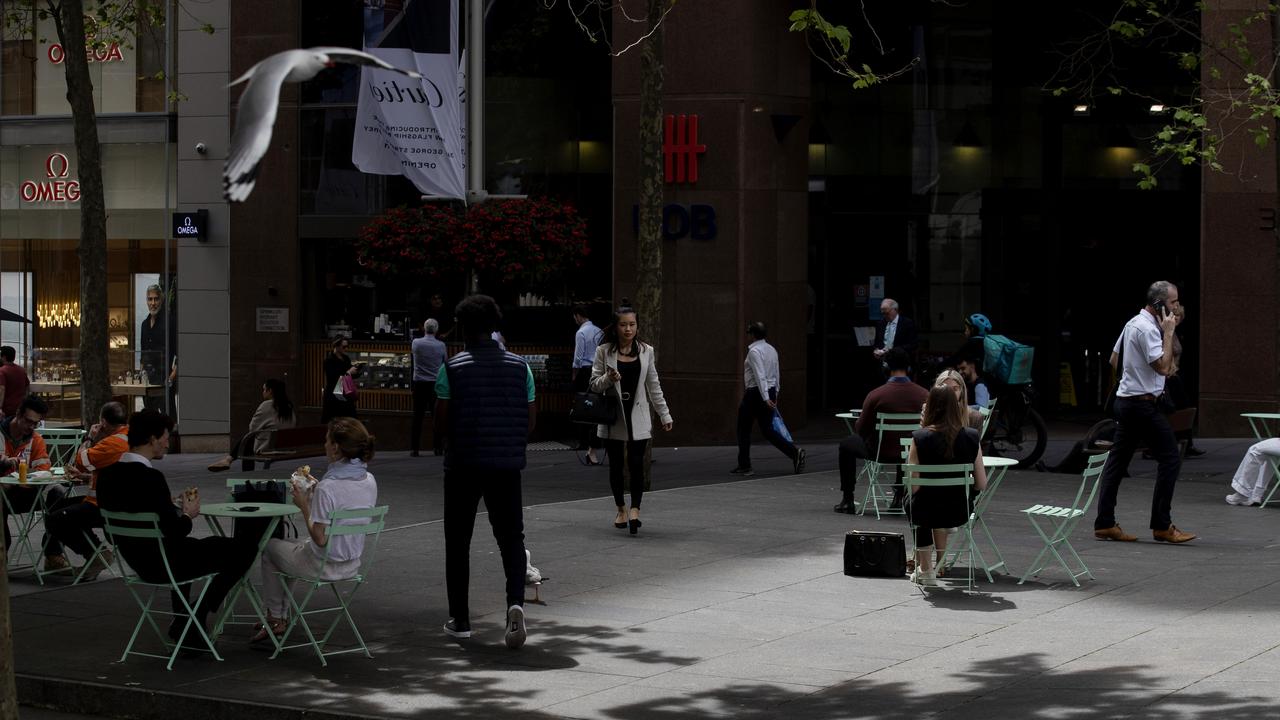‘It’s time’: Workplace expert calls for six weeks annual leave
Calls have been renewed for Australian workplaces to increase annual leave, with most employers failing to provide an increase since the 1970s.

A workplace expert has called for Australia to fall in line with its overseas counterparts and increase annual leave from four weeks to six.
Workers haven’t seen any increases to annual leave since the mid-1970s Whitlam era when unions successfully pushed for an increase from three to four weeks leave.
Countries such as France, Sweden and Austria have a five-week annual leave entitlement, while employees who have been at a workplace for more than a year are entitled to six weeks.
HR and workplace expert Jonathon Woolfrey told 2GB’s Chris O’Keefe on Thursday that it was now “time to rip this Band-Aid off”.

“With two people working in most families, it’s time to actually acknowledge it’s very difficult to organise all the things you need to do … and you need a different way of being able to manage and deal with that in a modern workplace,” he said.
“Other countries have moved ahead of Australia.
“It’s time for six weeks.”
With the rise of social media and digital communication platforms, Mr Woolfrey said employers had more access to their employees than ever before. and work often fell outside of the traditional 9-5 window.
Increased flexibility in how we work post-Covid has proven less time at the workplace doesn’t necessarily equate to less output, the HR expert argued.
“There’s (even) evidence that a four-day working week doesn’t actually reduce the amount of output people put in,” Mr Woolfrey said.
“It lets them work more productively when they are at work and take the appropriate amount of break and rest.
“There are some costs (associated with longer leave entitlements), but I think a lot of that will be mitigated by improved mental health (and) workplace productivity.”

Independent economist Saul Eslake, however, fears increased annual leave would place higher costs on employers and lead to job losses and higher prices for consumers.
“To grant an additional 10 days, two weeks of annual leave, that would be equivalent to an increase in the cost to employers of about 4.5 per cent,” he told O’Keefe.
“That might not sound like very much, and you might say that could be absorbed by profitable businesses, but not all businesses, especially small ones, are that profitable.
“I think the result would be some combination of job losses in smaller businesses and larger businesses seeking to recoup that 4.5 per cent increase in their wages by increasing prices, which they’ve been doing quite merrily over the past 15 months.”


While Mr Eslake agrees there are a multitude of mental health and productivity benefits associated with more time off, he believes now is not the right time.
“Future circumstances might be different,” he said.
The economist also said the timing had never been better, given the tight labour market, for employees who felt they were being mistreated to find alternative employment with better conditions.
In June this year, Swinburne University of Technology surveyed 10 different Australian private-sector businesses trialling a four-day work week.
The organisations adopted the 100:80:100 model, where employees keep 100 per cent of their pay for 80 per cent of their former work hours, given they maintain 100 per cent productivity.
More Coverage
Trials of the model have had great success in Iceland, the UK and elsewhere.
Four of the 10 organisations in Australia decided to adopt the change permanently after trials, while the remaining six extended the trials.
Three of the workplaces found no loss of productivity and the remaining seven found increased productivity, while workers reported feeling “more relaxed and energised”.




